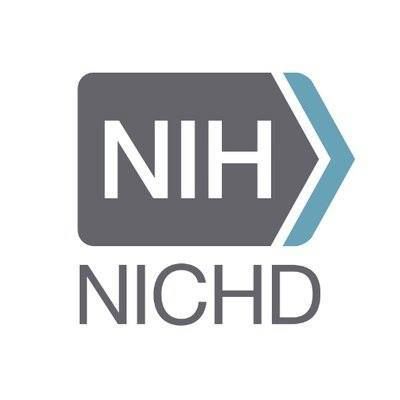预约演示
更新于:2025-05-07
概览
关联
1
项与 Teva NI Ltd. 相关的药物靶点 |
作用机制 AR激动剂 |
原研机构 |
最高研发阶段批准上市 |
首次获批国家/地区 美国 |
首次获批日期1995-09-29 |
100 项与 Teva NI Ltd. 相关的临床结果
登录后查看更多信息
0 项与 Teva NI Ltd. 相关的专利(医药)
登录后查看更多信息
3
项与 Teva NI Ltd. 相关的文献(医药)2020-07-15·Journal of Chemistry
Development of Polymer and Surfactant Based Naringenin Nanosuspension for Improvement of Stability, Antioxidant, and Antitumour Activity
作者: Haque, Anzarul ; Akhter, Sohail ; Aldawsari, Hibah M. ; Choudhury, Hira ; Sivakumar, Ponnurengam Malliappan ; Alhakamy, Nabil A. ; Alharbi, Waleed S. ; Awan, Zuhier A. Y. ; Md, Shadab
2013-11-01·Alimentary Pharmacology & Therapeutics1区 · 医学
Commentary: 5-ASA switches in IBD, adherence and flares - authors' reply
1区 · 医学
Article
作者: Wiseman, G. ; Robinson, A. ; Jones, M. ; Hankins, M.
2013-09-01·Alimentary Pharmacology & Therapeutics1区 · 医学
Maintaining stable symptom control in inflammatory bowel disease: a retrospective analysis of adherence, medication switches and the risk of relapse
1区 · 医学
Article
作者: Wiseman, G. ; Robinson, A. ; Jones, M. ; Hankins, M.
100 项与 Teva NI Ltd. 相关的药物交易
登录后查看更多信息
100 项与 Teva NI Ltd. 相关的转化医学
登录后查看更多信息
组织架构
使用我们的机构树数据加速您的研究。
登录
或

管线布局
2026年02月08日管线快照
管线布局中药物为当前组织机构及其子机构作为药物机构进行统计,早期临床1期并入临床1期,临床1/2期并入临床2期,临床2/3期并入临床3期
其他
1
登录后查看更多信息
药物交易
使用我们的药物交易数据加速您的研究。
登录
或

转化医学
使用我们的转化医学数据加速您的研究。
登录
或

营收
使用 Synapse 探索超过 36 万个组织的财务状况。
登录
或

科研基金(NIH)
访问超过 200 万项资助和基金信息,以提升您的研究之旅。
登录
或

投资
深入了解从初创企业到成熟企业的最新公司投资动态。
登录
或

融资
发掘融资趋势以验证和推进您的投资机会。
登录
或

生物医药百科问答
全新生物医药AI Agent 覆盖科研全链路,让突破性发现快人一步
立即开始免费试用!
智慧芽新药情报库是智慧芽专为生命科学人士构建的基于AI的创新药情报平台,助您全方位提升您的研发与决策效率。
立即开始数据试用!
智慧芽新药库数据也通过智慧芽数据服务平台,以API或者数据包形式对外开放,助您更加充分利用智慧芽新药情报信息。
生物序列数据库
生物药研发创新
免费使用
化学结构数据库
小分子化药研发创新
免费使用
